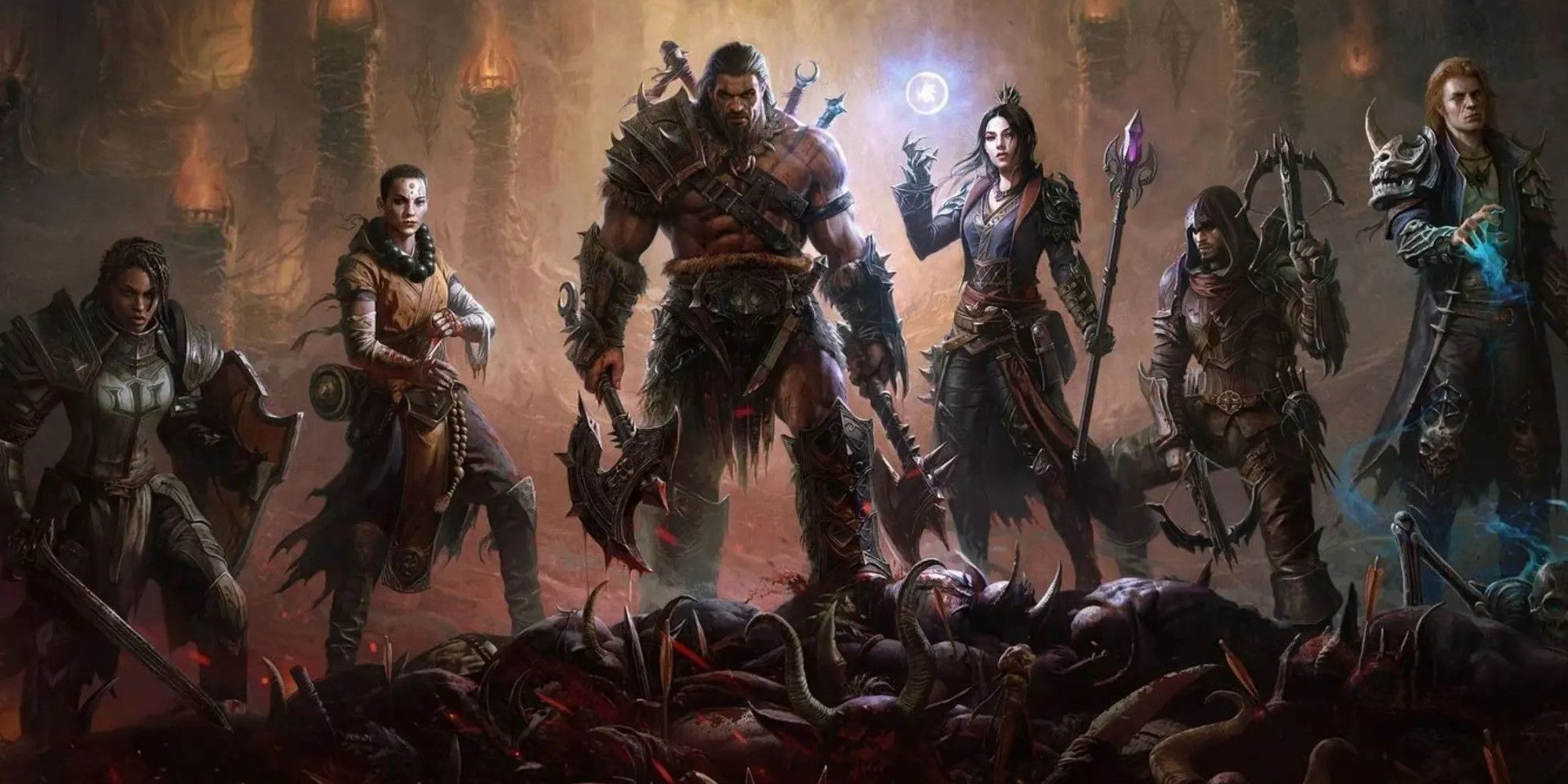Diablo: Immortal disappointed fans when it was announced it was a mobile game, not a true PC and console successor. It's managed to ruffle even more feathers with a predatory microtransaction model that means you'd have to pay about $110,000 (£88,000) to full upgrade your character. Unreal.
YouTube channel Bellular News broke down the figures in a video spotted by GamesRadar. As well as regular gear and a level based on XP, Diablo: Immortal, you'll need to obtain Legendary Gems if you want to max out your character.
The issue comes from the fact free-to-play players have no way of earning these gems, meaning they're completely locked out of that type of end-game progression.
As well as that, even paying players aren't guaranteed to get the Legendary Gems. The only way to get them is through Legendary Chests, what Diablo: Immortal calls loot boxes. This means some players may get lucky and spend less that $110,000, but many will end up spending more.
On top of the ludicrous amount it will cost for paying players to max out their characters, it seems it may also take a F2P player ten years to of playtime to fully deck out their characters. Some games are trying to replicate Skyrim's ten-year success, but this seems like a terrible way to attempt it.
In other Activision Blizzard news, QA workers at Raven successfully unionised, despite reports that Activision Blizzard illegally threatened employees. Microsoft, which recently bought Activision Blizzard, has confirmed it will recognise this union after the acquisition is complete.
Microsoft will also cooperate with unions following abuse allegations levelled against it recently. What this cooperation will actually look like remains to be seen.
TheGamer has a general boycott of positive, uncritical coverage for Actvision Blizzard products, but we still write stories we believe serve our readers, such as this one. The aim of the boycott is to stop offering uncritical hype for the company and instead hold it accountable for its actions.

